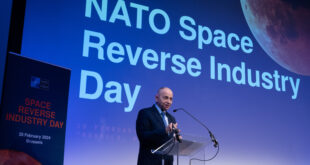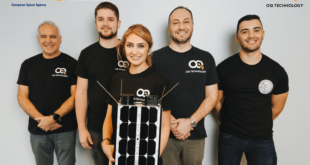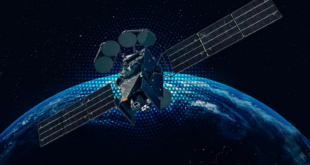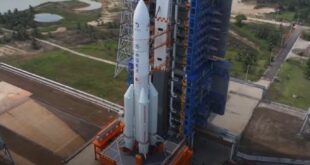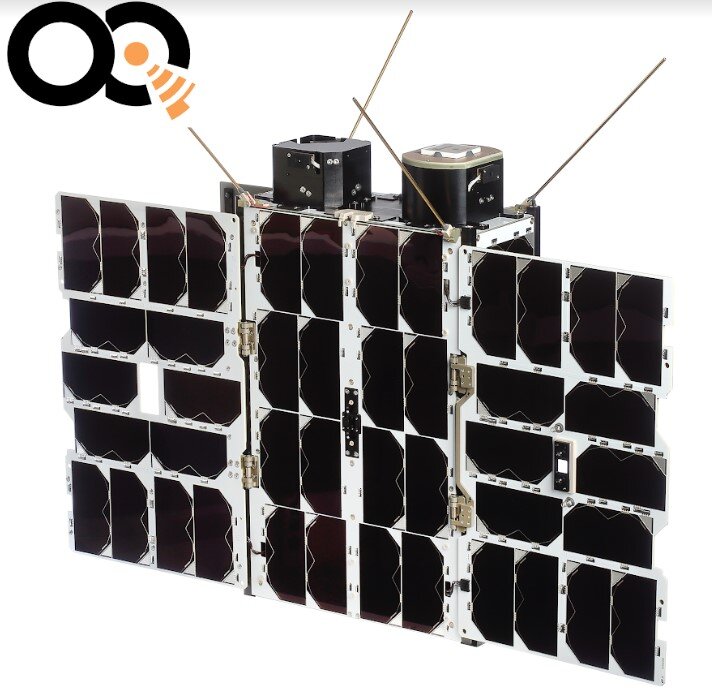
Ibadan, 25, April 2023. – OQ Technology has received a space activity licence from the Government of Luxembourg after undergoing rigorous technical, legal, security, and administrative due diligence on the company, its operations and future plans. As a result, OQ Technology becomes one of the first space companies in Luxembourg to receive this authorization under Luxembourg’s new law on Space Activities
In addition to its existing license for the satellites already in orbit, this license authorization will allow OQ Technology to also provide its Internet of Things (IoT) and machine-to-machine (M2M) connectivity services with all additional satellites. Furthermore, as part of this license, the company will also be able to register its satellites in Luxembourg’s national registry of space objects.
Omar Qaise, founder and CEO of OQ Technology, said: “The authorization comes at a time when the demand for regulating space objects and debris mitigation, due to the increasing number of satellites being launched into space, is growing across the world.”
In 2020, Luxembourg established a new legal framework for authorizing and supervising space activities, allowing the management of risks related to space activities and state liability. In addition, it contributes to providing a safe and attractive environment for operators, investors and entrepreneurs. As a result, it aims to become a valuable tool for the economic development of the dynamic and competitive space sector in Luxembourg.
The framework allows the Ministry of the Economy and the Luxembourg Space Agency (LSA) the authorization and supervision of space activities along with the registration of space objects launched into outer space.


